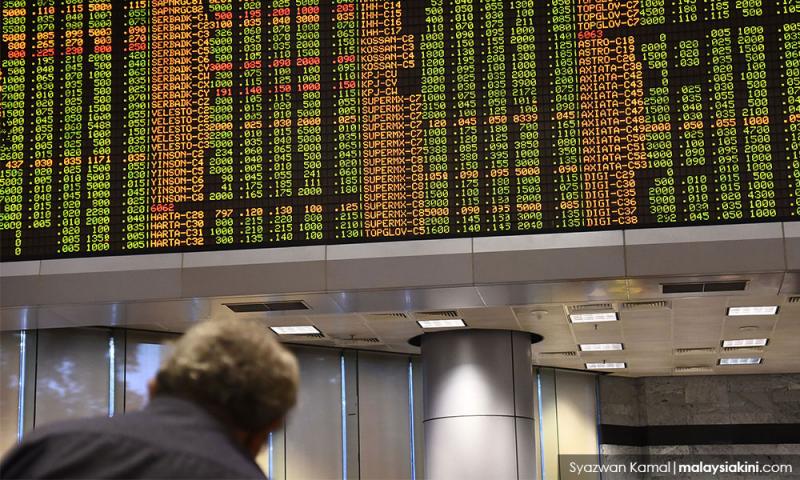LETTER | Stop being over-reliant on FDI
LETTER | The government must stop our country’s excessive dependence on foreign direct investment (FDI) to help strengthen our economy and increase job opportunities.
There are significant negative effects of attracting many FDIs that our politicians must seriously consider, namely:
1. The main motive for most of these foreign investors and companies is to make as much profit as possible for themselves by investing only in sectors with high growth and, by extension, high profit potential. They don’t care about the socioeconomic status of ordinary people in the countries where they invest in.
2. The country being invested in may lose its sovereignty and control over key economic sectors, thereby reducing the government’s ability to shape certain policies and protect its economic priorities.
Large foreign investors tend to impose significant control over the country’s strategic industries, natural resources or critical infrastructure, in order to maximise profits.
3. Foreign investors tend to have access to advanced technology, economies of scale, and larger financial resources, which creates unfair competition for local companies.
This forces most local companies to struggle just to sustain themselves, whereby some are even forced to close down or be taken over.
4. There are many cases where foreign companies want to pay the lowest rates in their contracts with local companies, thus forcing them to compete with each other in order to get those contracts and accept low payments.
These local companies are then forced to reduce the salaries of their workforce in order to generate some profit.
5. There are FDI projects, especially in extractive industries, which cause loss of natural resources and environmental degradation in the invested countries due to the foreign investors’ greed to reap profit from such projects.
6. In many cases, only the elite in invested countries benefit from FDIs, while the socioeconomic status of ordinary people remains poor.
There’s no use in attracting lots of large FDIs, only to solely benefit the elites, traders, and large corporations, while the government fails to acquire sufficient funds to significantly help the common people and the inequality gap further widens.
Therefore, the government must prioritise domestic investment as well as development in important sectors such as small and medium businesses, public health services, elderly care, etc, by utilising our own resources, talent, and manpower.
The government also needs to urge Asean to strongly enhance trade and provide greater access to materials, technology, and services among member countries in certain sectors, such as industry, construction, agriculture and public transport.
This can strengthen Asean’s internal trade and economic capacity and reduce its dependence as a bloc on foreign companies, as well as international trade agreements for development and job opportunities.
To finance such domestic investments in Malaysia, our government, together with other Asean countries, needs to agree to collectively impose higher taxes on the elite, foreign investors, and multinational companies in each country.
Asean also needs to collectively modify some key aspects of free-trade agreements so that its countries have the space to build an independent industrial base, thus strengthening its independence and autonomy from foreign industries, which is very crucial.
Trade can indeed be beneficial when it’s fair. But when countries are forced to trade from a position of weakness, they will get short-changed, and that kind of trade only keeps poor countries poor.
The views expressed here are those of the author/contributor and do not necessarily represent the views of Malaysiakini.
RM12.50 / month
- Unlimited access to award-winning journalism
- Comment and share your opinions on all our articles
- Gift interesting stories to your friends
- Tax deductable
